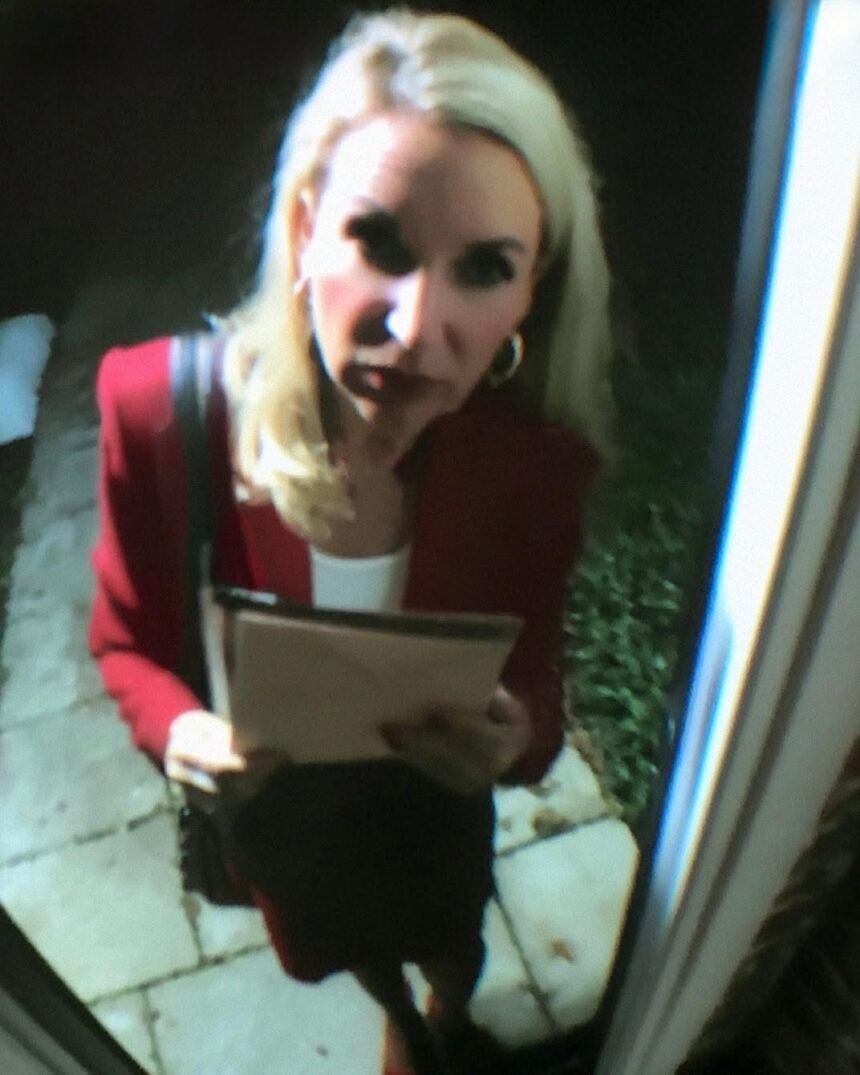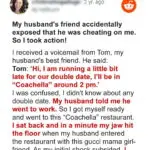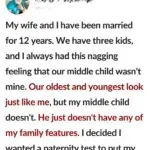When Dylan’s estranged mother reappears after two decades, she brings more than just a face from the past… she brings a secret that threatens everything he’s built. But what begins as a confrontation quickly becomes a reckoning, forcing Dylan to choose between blood…
and the man who raised him.
I’m Dylan, and my life’s been…
complicated.
My mom, Jessica, had me really young. She and my dad, Greg, were barely adults themselves.
I was told they tried to make it work for a while, but whatever held them together wasn’t strong enough to last.
Not through a pregnancy… and not through me.
The day I was born, my father rushed to the hospital, thinking he’d be meeting his son and starting a new chapter with my mother.
Instead, she handed me over to my father.
“I’m not interested in parenting, Greg,” she’d said.
“I don’t want him.
You can do it.”
And then she limped out of the hospital and out of my life. There was no child support, financial or emotional.
There was nothing, no voice on the line, no cards, no birthday wishes. Just silence that stretched across the years like a wall we never climbed.
Sometimes that silence was louder than any fight could’ve been.
My father raised me entirely on his own.
Every fever, every scraped knee, every late-night supermarket run because I suddenly needed poster board for a school project, he was there.
He cooked, cleaned, did my laundry, and kept the lights on, even when the power company threatened to shut us off. And not once, not a single time, did he complain.
What always surprised me most was that he never said a bad word about her.
Not even in passing. Not even when he was tired, stressed, or overwhelmed.
When I was seven, I asked him what my mother looked like.
He didn’t get awkward or try to change the subject.
Instead, he pulled a small, worn photo out of the nightstand drawer and handed it to me carefully.
“She’s your mom, Dyl,” he said softly. “Of course, you should know what she looks like.”
She had soft brown eyes and auburn hair that spilled over her shoulders. She looked like someone in a shampoo commercial, beautiful, carefree, and untouched by life.
“Why did she leave?” I asked.
He sat down beside me and let out a quiet sigh.
“Sometimes people make choices we don’t understand,” he said.
“That doesn’t mean they’re bad people.
The story doesn’t end here –
it continues on the next page.
TAP → NEXT PAGE → 👇







